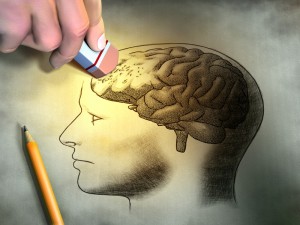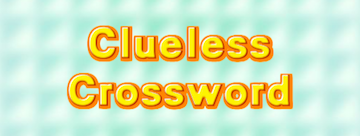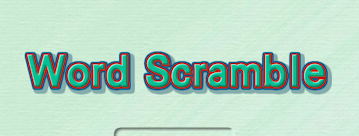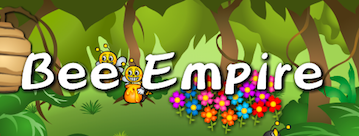 Some people seem to be born with a great memory while others seem to struggle. How well we remember things makes a huge difference in how well we do in school and even how successfully we navigate life. Jim Kwik was not one of those people who seemed to be born with a great memory. He struggled all through school. Once he got to college, his memory was worse. After he physically and mentally drove himself to the brink to perform well academically, he began a quest to learn how to learn. His revelations improved his ability to recall information, improving his learning. Kwik has since spent his life teaching others how to empower others to improve their memory and ability to learn.
Some people seem to be born with a great memory while others seem to struggle. How well we remember things makes a huge difference in how well we do in school and even how successfully we navigate life. Jim Kwik was not one of those people who seemed to be born with a great memory. He struggled all through school. Once he got to college, his memory was worse. After he physically and mentally drove himself to the brink to perform well academically, he began a quest to learn how to learn. His revelations improved his ability to recall information, improving his learning. Kwik has since spent his life teaching others how to empower others to improve their memory and ability to learn.
How to develop better recall
Recall, or remembering, should be the fourth R, after the three “Rs” of reading, writing, and arithmetic. Remembering what we learn is essential, but we don’t get instruction about how to do it. Kwik says that four tips, which he calls FAST, can help anybody make inroads into improving their memory, as well as their ability to learn, no matter what their age.
The F in FAST stands for “forgetting” – which alludes to thinking about other things other than what we are trying to remember. Being present in a moment – paying attention to the information presented – is the key to recall. If you are thinking about what you are having for lunch or lost in a daydream, you may be missing opportunities to remember.
The A stands for “active.” Kwik says that learning means that you are engaged in the topic. That means asking questions, talking about the topic with other people, and thinking about it.
The S stands for “state”, which is short-hand for the physiology of the body. How we prepare our bodies for learning can be helpful. Sitting a certain way can help you stay more focused. When you are tired, take deep breaths to send more oxygen to the brain. A revived brain will help you remember.
The T in FAST is “take notes.” Kwik said note-taking is very important. He recommends doing more than just writing down the information. He draws a line down the middle of his note pad and takes notes about the information on the left. On the right, he jots down questions and thoughts. The questions and thoughts help him to engage with the information, increasing his ability to recall it.
Click Here For Article References:Image: Shutterstock/Andrea Danti
















I thought that take notes could let us lazy. Nice article.
I enjoyed that, thanks 🙂